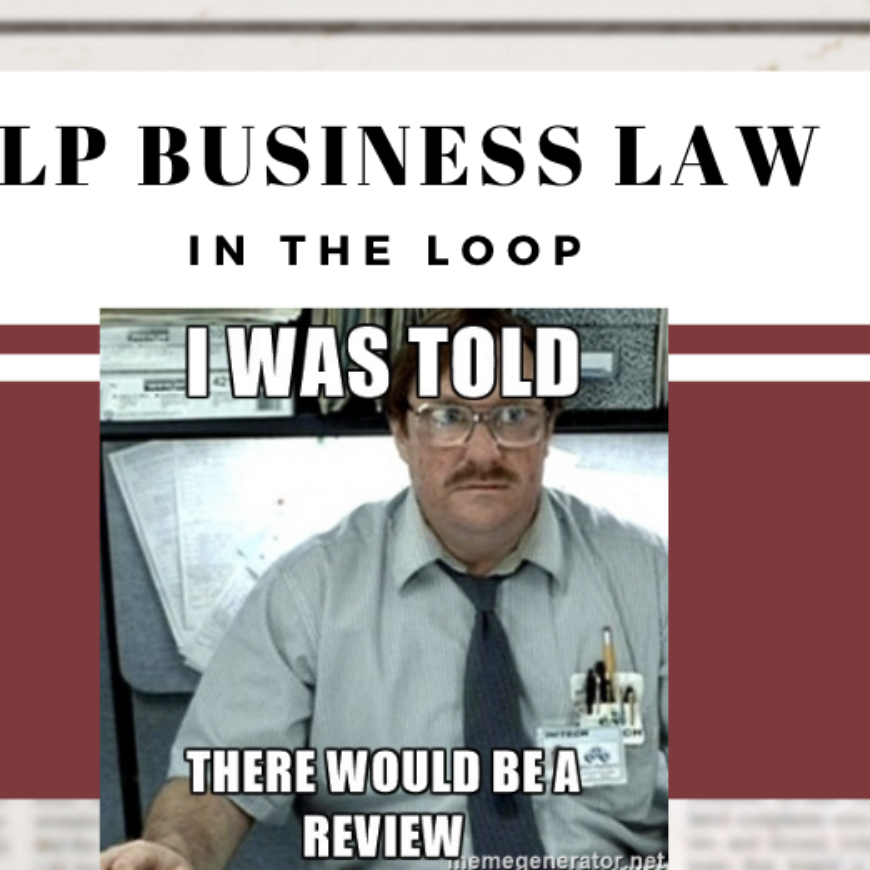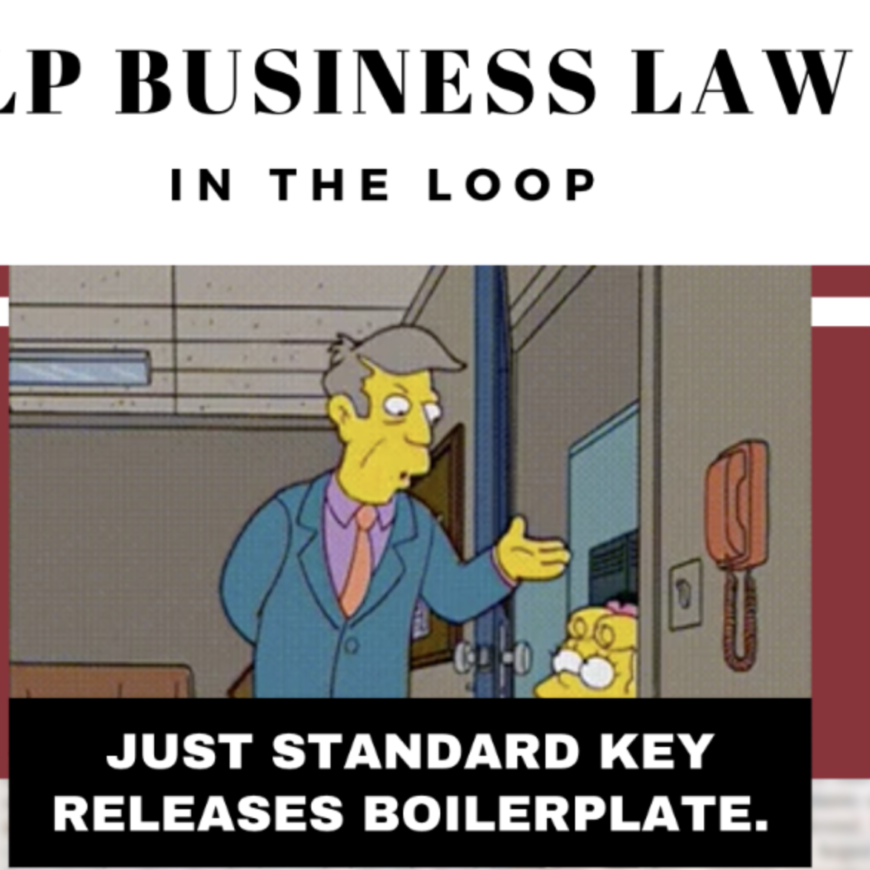Thomas Stilp, JD, MBA/MM, LLM, MSC
Good employees move around. It’s a fact of life. Many people would be surprised if they still worked for a former employer, without pay. Yet, former employers can control the actions of former employees. How? Through provisions in employment agreements called “restrictive covenants” (a topic we have discussed before).
Employers often require their employees to sign contracts that contain restrictive covenants that limit the actions the employee can take during and after the employment relationship. These restrictive covenants can range from prohibitions on the use of the employer’s confidential information (such as customer lists and business strategies), prohibiting solicitation of the employer’s customers or other employees, to denying the former employee the right to subsequent employment with a competitor.
Enforcing the restrictive covenant is a hurdle. State, rather than federal law, typically governs enforcement, and some states codify enforcement rules by statute. Although most states require reasonable restrictions in “restrictive covenants,” cases interpreting reasonableness can vary widely.
Restrictive covenants must be limited in breadth, duration, and geographic reach (we call these the “temporal” and “territorial” limitations) as necessary to protect the employer’s interests, otherwise, the restrictive covenant will be invalid. For example, a typical restrictive covenant might prohibit the former employee from working for a competitor of the employer, or in a similar position, for 12 months after employment. State courts vary in their willingness to modify (or “blue-pencil”) an unreasonable restrictive covenant to make it reasonable (e.g. 12 months gets cut in half to six months), instead of simply finding the entire agreement unenforceable.
In addition to reasonableness, a restrictive covenant could fail for lack of consideration. Some states view continued at-will employment as sufficient consideration, whereas others require something more. In a trio of cases in the last few years, Illinois courts require a minimum of two (2) years of employment to support restrictive covenants in an employment agreement.
Generally, the issues involving restrictive covenants can be summed up as follows:
- Is the restriction appropriately tailored to protect the employer’s particular business interests and vulnerabilities? If not, out it goes – the restrictive covenant is not enforceable.
- Did the employee benefit from entering into the agreement (a signing bonus, raise or some other additional benefit apart from work and salary that the employee would not have otherwise received)? Again, if not, out it goes, particularly in Illinois if the employee has worked less than two (2) years.
Even assuming an employer can establish enforceability of the restrictive covenant, the employer must surmount the remaining hurdles of proving a breach of the agreement and resulting damages.
In addition to seeking damages, an employer will likely request equitable relief, which may include an injunction barring a former employee from disclosing the employer’s confidential information, soliciting its customers or employees, or working for its competitors for some period.
There are a number of reoccurring issues in employment litigation which experienced counsel will know how to handle.



